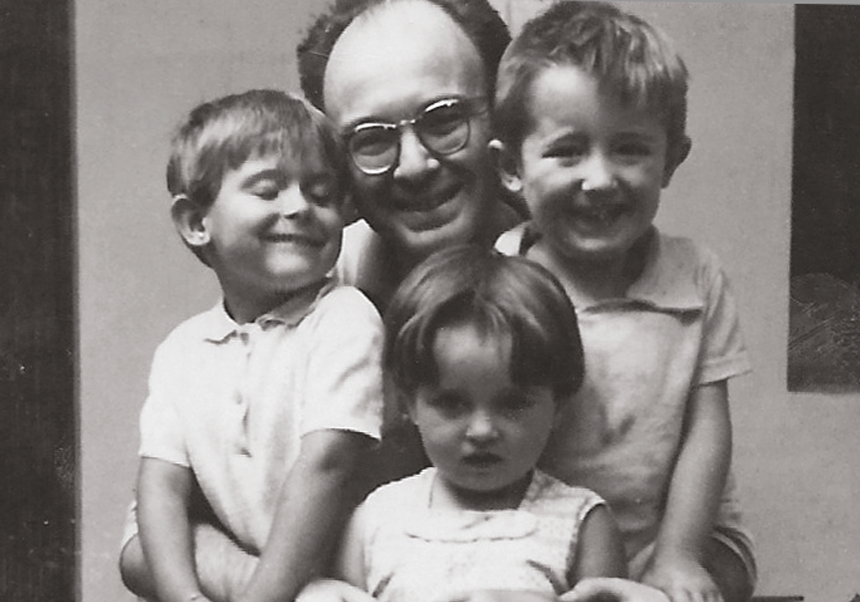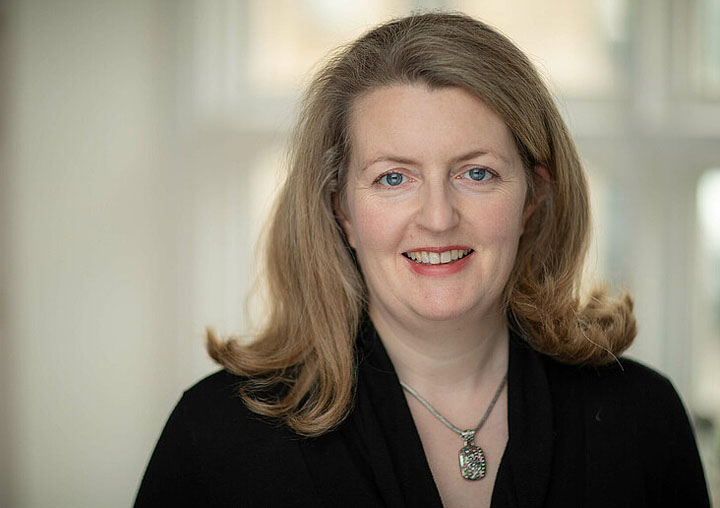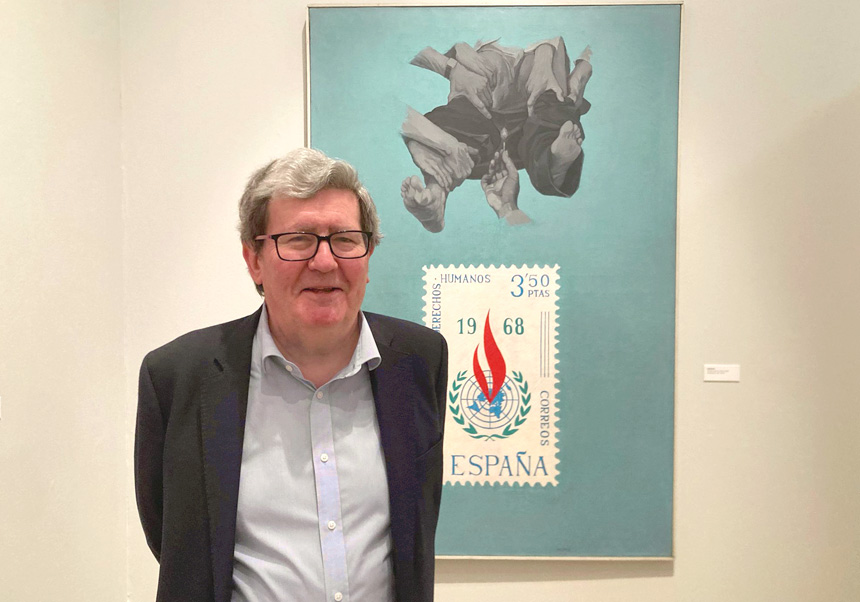Laura Freixas and Anna Caballé talked about ‘Dones i cultura’ at La Nau
- Office of the Vice-Principal for Culture and Society
- February 1st, 2019
Laura Freixas and Anna Caballé gave a conference called 'Dones i cultura' in the circle 'Dones Creadores' of the ’Escola Europea de Pensament Lluís Vives, on Thursday, January 31st.
The speakers held a discussion and expressed the interest women have had in culture over the history. They will not only highlight the obstacles of all kind (biographical, educational, ideological...) women had to go through in order to participate in culture, but also what this participation was like. Can we talk about a literature, cinema, etc. made by women? And, if so, which are the characteristics? Moreover, it will also be analysed the way in which their works have been accepted. Laura Freixas and Anna Caballé will analyse biographical culture and how female contribution has been interpreted over time from an extremely misogynistic point of view that was far from their objectives until what in the 21st century is shown as a vindication that demands a quantitative criteria in all of the cultural policies.
Anna Caballé (Hospitalet de Llobregat, 1954) is a prestigious scholar of the Universitat de Barcelona, founder of the Unitat d’Estudis Biogràfics of this university and expert in Spanish literature. Caballé has published several books related to her double major: autobiographical genre and the study of literature written by women. Among her work stands out ‘Narcisos de tinta’ (Megazul, 1995); ‘Carmen Laforet. Una mujer en fuga’ (RBA, 2009), which won a Gaziel award and ‘Pasé la mañana escribiendo. Poéticas del diarismo español’ (Fundación José Manuel Lara, 2015), winner of the Manuel Alvar award for Humanities. She is also an habitual collaborator of the El País book supplement, Babelia; she has been a visiting lecturer at universities of Poland, Brazil and the United States. She is the vice-president of the Tom Sharpe foundation; honorary president of the Biography Society; and president of the feminist group Clásicas y Modernas.
Laura Freixas (Barcelona, 1958) graduated in Law but dedicated her life to writing. She made herself known in 1988 with the a collection of short stories, ‘El asesino de la muñeca’ (Anagrama) and in 1997 she published her first novel, ‘Último domingo en Londres’ (Plaza y Janés). Concurrently with her narrative work, Laura Freixas carried out an exhaustive work as a scholar and promoter of literature written by women. In 1998 she coordinated and prefaced an anthology of short stories written by Spanish contemporary female writers, ‘Madres e hijas’ (Anagrama) and in 2000 she published the influential essay ‘Literatura y mujeres’ (Destino). She has been an editor, a literary critic (in El País) and a translator of Virginia Woolf and André Gide’s journals, among other works. Freixas usually collaborates in several media, she is a columnist at La Vanguardia, she has published dissemination books and she teaches literary workshops in several institutions. Moreover, she has been a visiting lecturer at the University of Virginia, Darmouth College, Illinois and Syracuse.
This function takes place in the cycle of ‘Dones creadores’, organised by the Escola Europea de Pensament Lluís Vives, the Office of the Vice-Principal for Equality, Diversity and Sustainability and the Equality Unit, in collaboration with the Valencian Ministry of Transparency, Social Responsibility, Participation and Cooperation.
The Escola Europea de Pensament Lluís Vives is a cultural project driven by the Office of the Vice-Principal for Culture and Sport, with the management of the Fundació General of the Universitat de València, as a space for reflection and participatory debate over current affairs. Other public administrations and civil society institutions participate in the Escola: Presidency of the Generalitat; Valencia City Council, Valencian Ministry of Transparency; Valencian Ministry of Education, Investigation, Culture and Sports; Acadèmia Valenciana de la Llengua; Alfonso el Magánimo Institute; Escola Europea d’Humanitats and Caixa Popular.
















